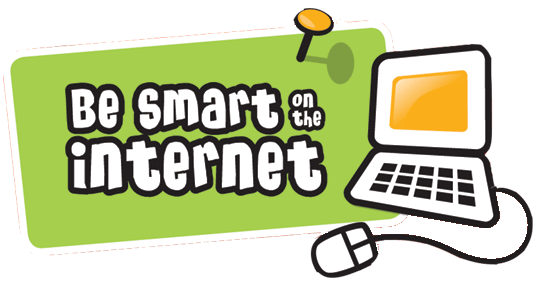E-Safety
E-SAFETY - KEEPING SAFE ON LINE

At Hampton Vale Primary Academy we use technology in our learning.
We have a beautiful computer suite ‘The Hubble’ where children are taught IT lessons. In school our children are protected whilst online as we have security settings, rules, guidance and support.
We are all living in an age where computers and social media are incorporated into our everyday lives. It is therefore important that we educate our children to keep themselves safe.
Together school and parents/carers should work in partnership to :
- EMPOWER children to keep themselves safe online.
- ENCOURAGE them to be responsible users of technology.
- ENGAGE children to recognise risks and benefits of using online communication
- ENABLE adults to understand and support children in their online world.
E-SAFETY ADVICE FOR CHILDREN & PARENTS TO STAYING SAFE ONLINE
TOP TIPS FOR CHILDREN:
- Don’t post any personal information online – like your address, email address or mobile number.
- Think carefully before posting pictures or videos of yourself. Once you’ve put a picture of yourself online most people can see it and may be able to download it, it’s not just yours any more.
- Keep your privacy settings as high as possible
- Never give out your passwords
- Don’t befriend people you don’t know
- Don’t meet up with people you’ve met online. Speak to your parent or carer about people that are suggesting you do.
- Remember that not everyone online is who they say they are
- Think carefully about what you say before you post something online
- If you see something online that makes you feel uncomfortable, unsafe or worried leave the website, turn off your computer and tell a trusted adult straight away.
TOP TIPS FOR PARENTS:
As parents/carers we need to educate ourselves and go onto the various social media platforms that our children are using to find out more about them.
Keep abreast of current app trends such as ‘tik tok’, ‘instagram’ and ‘snapchat’. Talk to your children about the content they share. Discuss the consequences of sharing messages and images.
Remember : Most Social Media sites are aimed at 13-year-olds and upwards.
It is important that children understand the impact of online activity on themselves and other people, today and in the future.
We need to protect our children by ensuring we have parental controls and filters to protect our children from harmful content online.
GAMING is fun but be aware that it can be all consuming:-
- Agree with your child how long they can spend playing games.
- Consider the AGE ratings of games and WHY they are so.
- Remember some online games have inbuilt chat functions
- Use the gaming consoles safety settings.
BULLYING ONLINE:
Remember the technology is not the problem, it’s the bullies’ behaviour. You can help support your child by:
- Talking about bullying issues
- Report any incidents - it will help your child and others too!
- Make sure your child knows that bullying in any form is not OK and that you will support them should they need help with online activity.

